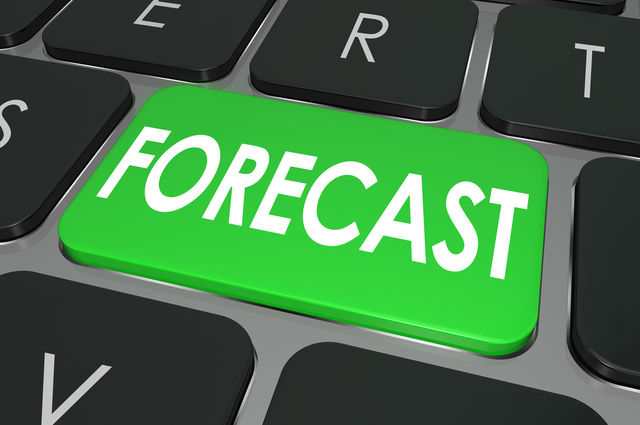Has forecasting become a lost art?
10 experts shared their view
Robert Cross, the de facto Godfather of Revenue Management, stated "…everything starts with a day by day, segment by segment forecast", yet many hoteliers no longer produce one as part of their strategic process. Most of today's advanced revenue management systems do not generate one, instead of leaving the user to rely on a total hotel forecast and to trust the "black box" for the details.
Should hotels be producing a detailed long-term forecast, and if so, what are the benefits of doing so? How far out should they forecast and how often should they do it? The automated systems (only 15% of hotels have one!) can be very accurate at projecting the optimized results of an existing strategy, but are they effective when contemplating a change in strategy, as an increase in group rooms, eliminating an airline crew, or even a renovation? How do hotels that don't do it satisfy other stakeholders like senior leadership and owners, who may have an interest in understanding the detail behind the hotel's forecast, especially when recent performance has not met expectations?
It is very important for hotels to maintain a detailed forecast for both the short term (more frequent) and longer-term (outside 3 months). If your property has an automated system that provides demand information, it will likely only be reliable for the short term. It is just as important to understand longer-term trends for your particular market as well as segment trends that could significantly impact your overall profits.
This becomes even more critical in today's environment as we are in very uncertain times and trends change on an hourly basis. This is an opportunity for revenue strategy folks and analysts to instill confidence by paying attention to the changing trends and providing this information on a regular basis to key stakeholders.


